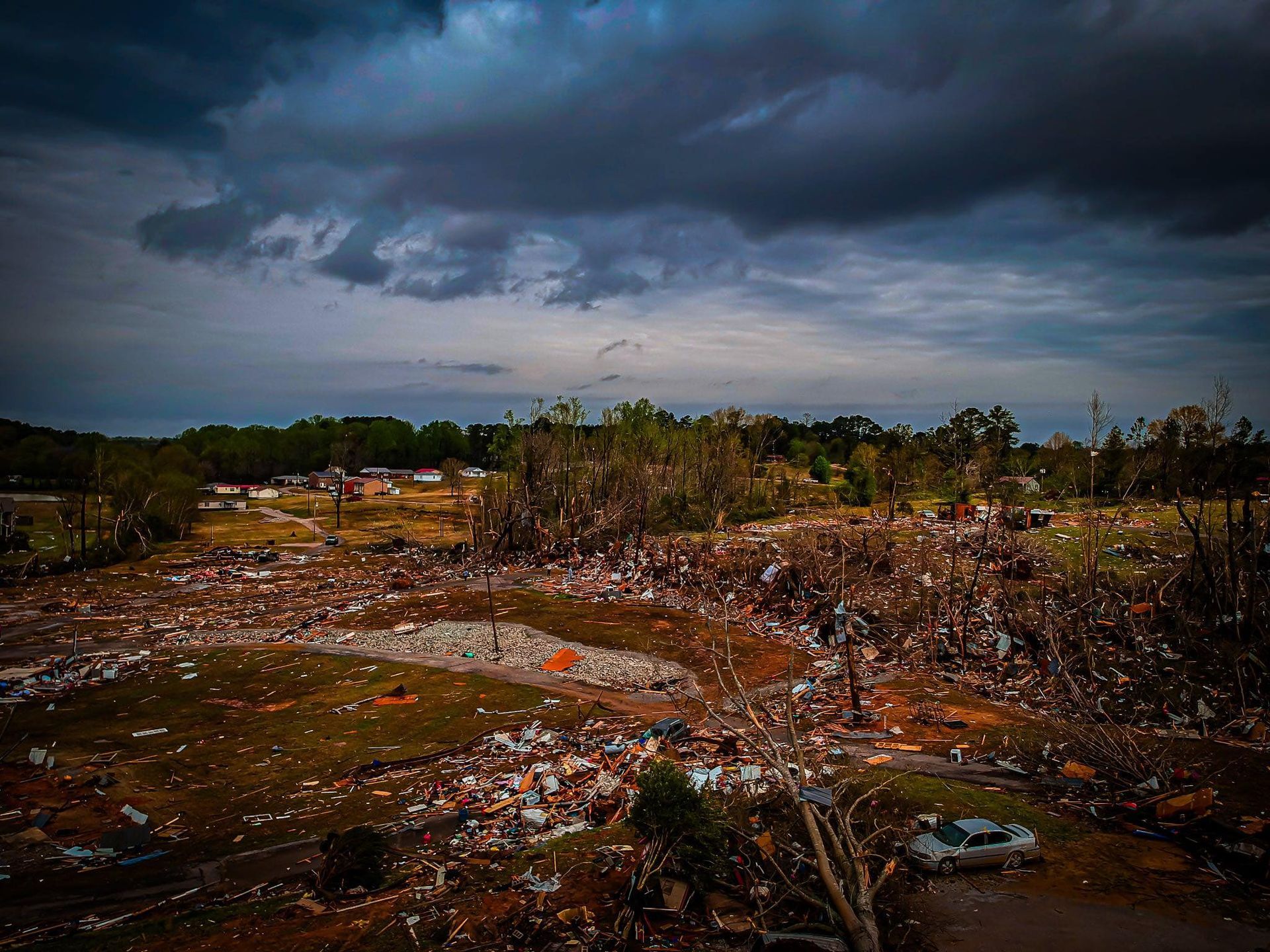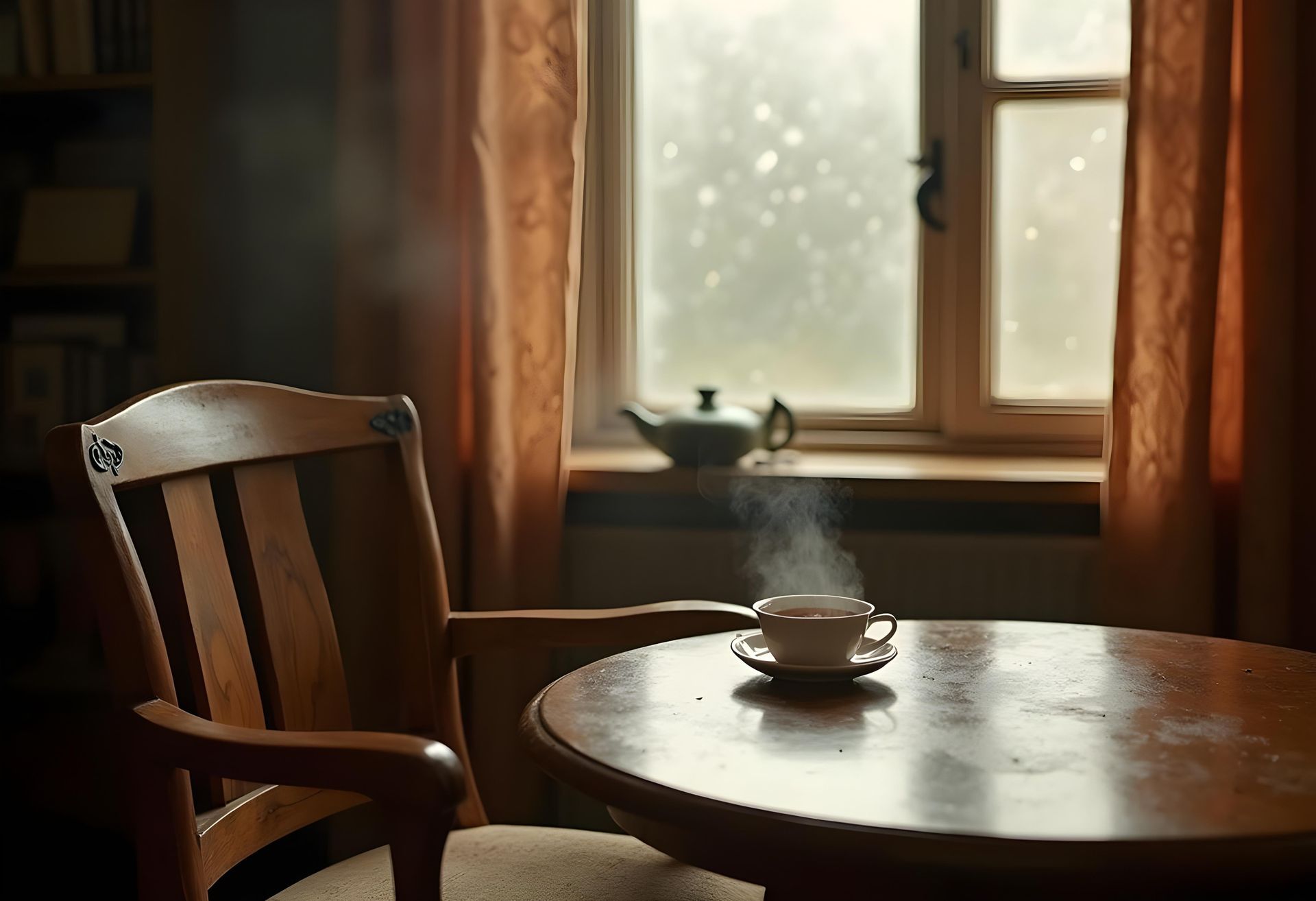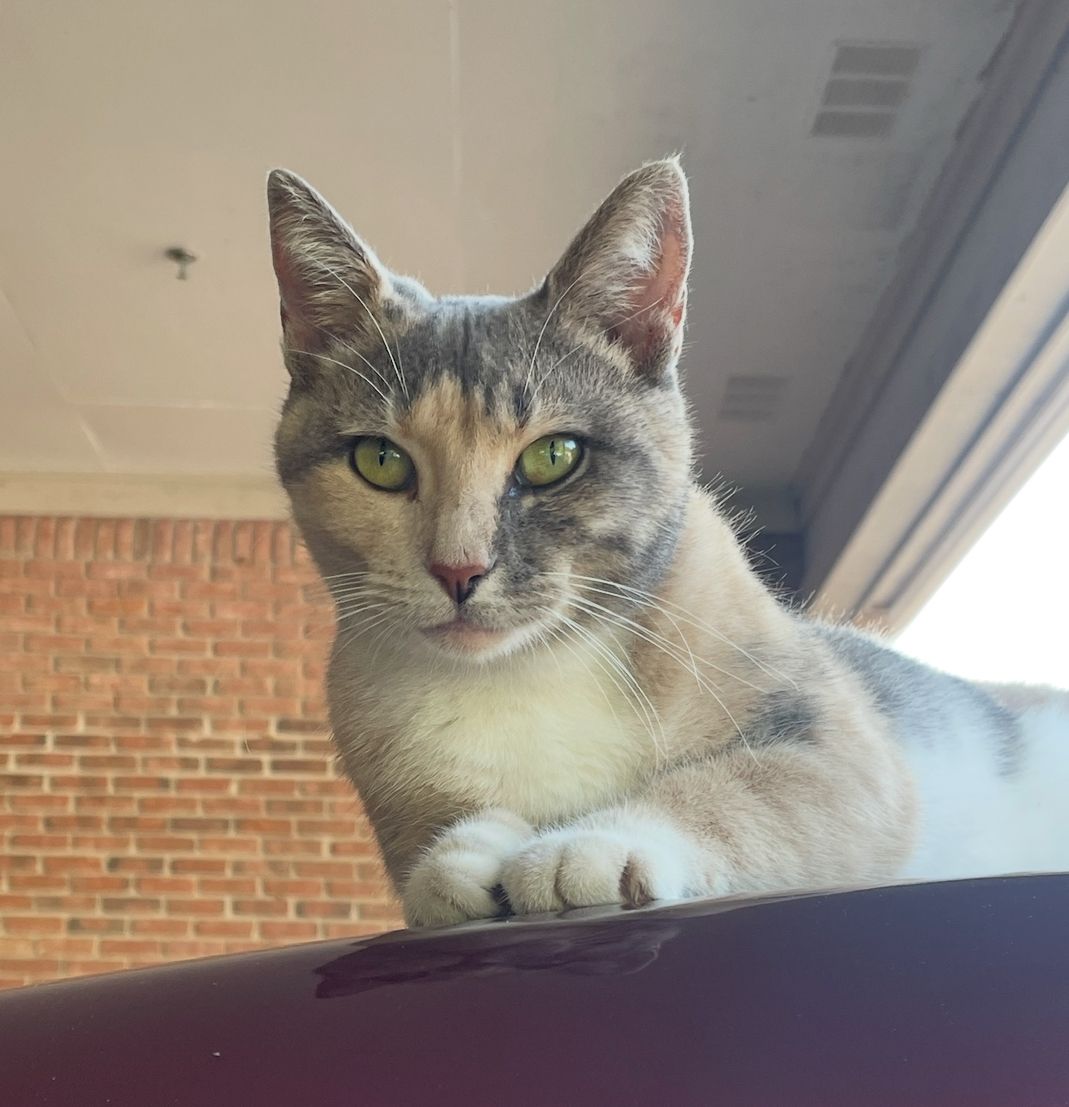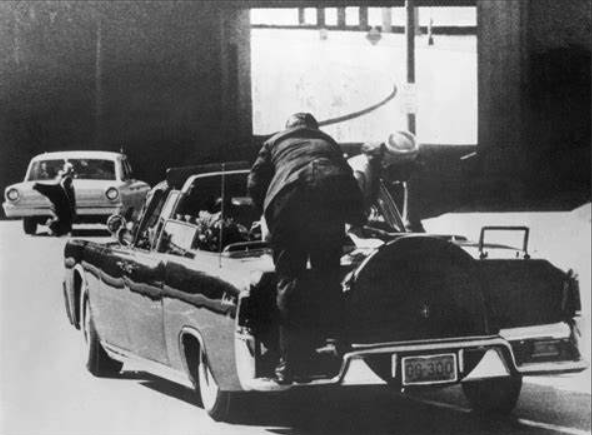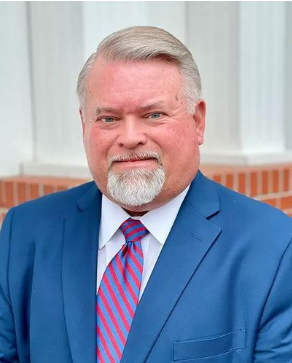Although every arrangement conference is different, any that involve planning some type of service share a few things in common, such as deciding who will speak, and when and where the service will be held. And at some point in all this planning, the funeral director will ask “Have you thought about music?”, a question which usually starts a whole ‘nother conversation, one filled with memories and stories of why particular songs should—or should not—be used.
Sometimes families will come prepared with a list of the music they’ve chosen. Sometimes they even bring said music with them (which has arrived on everything from a cassette tape to a flash drive—we’ve even had the currently deceased bring in their music [before death, of course] to be placed in their prearrangement folder). But more often than not, the question the director asks generates more questions on the part of the family, variations of which are usually: How many songs should we have? or How many songs do we need? or How many songs are we allowed? (And I’m pretty sure none of that is punctuated correctly . . .)
When I was seated at the head of the table, filling the position of director in charge, my response was always, “There’s no real rule about the number. We’ve had everything from no music whatsoever to 19 songs. I don’t recommend either . . .” At which point they’d gasp at 19 and I’d observe it was more like a concert than a funeral and those folks who came on their lunch hour had to leave half-way through the service. (If you think about it, even at a measly three minutes per song, 19 gives you 57 minutes of just music with no transition between tunes and no speakers.)
Once they picked a number the actual selection process began. And sometimes that process changed the number. Maybe they couldn’t think of five songs they wanted to use after saying they wanted to use five songs. Maybe they thought of five songs after they decided on three. It was a flexible exercise, the end result of which usually reflected the personality and likes of the person they were honoring although, on occasion, family member favorites made their way onto the list (which is how we ended up with 19 . . .).
Funeral music doesn’t have to be solemn . . . unless you want it to be. It doesn’t have to be religious . . . unless you want it to be. In my humble opinion (which doesn’t count for much—it even says so at the end of the blog), music is one of the most important parts of the service. The lyrics often express the feelings we can’t manage to put into words and the melodies can touch our souls as little else can. That’s why songs such as “Go Rest High on That Mountain” and “The Dance” have earned their place in the Funeral Music Hall of Fame (that’s not a real thing, but maybe it should be). Actually, we’ve played a little bit of everything over the years, like the eight minute version of “Stairway to Heaven”, “Freebird”, “Lord, Won’t You Buy Me A Mercedes Benz”, “This Is Halloween”, “Rocky Top”, and the ever popular “You’re the Reason Our Kids Are Ugly” (actually, we’ve only used that one once). It all depends on what the family wants—and whether or not it’s suitable for public presentation.
I’ve started my funeral playlist (a gift to my children so they won’t have to wonder what songs Mama wanted used at her service). And just to keep it interesting, I will randomly tell them I’ve added a new one to the list (at which point one of them will yell “WRITE. IT. DOWN!) My choices include “River of Dreams” by Billy Joel, “That Lonesome Road” by James Taylor, something by Trans-Siberian Orchestra (maybe “Different Wings” or “The Final Dream”), “Rainbow Connection” by Kermit the Frog, “Pure Imagination” by Willy Wonka (as sung by Gene Wilder—the only true Willy Wonka), and “Tomorrow” by Sydnie Christmas, just to name a few. Oh, and “May You Always” as performed by my father. Do I expect them to use every single song? Nope. Please, nope. Except for that last one. It’s mandatory. But at least they’ll have choices that won’t require me to come back and haunt them once it’s all said and done.
Music provides the background for all of Life’s important events; why shouldn’t it also serve as the accompaniment for our exit? And if you have certain songs you’d prefer, there’s absolutely nothing wrong with telling your future arrangers. As one who has watched families struggle to make decisions when a loved one dies believe me, when that time comes, they’ll appreciate all the guidance you can give them now.
About the author: Lisa Shackelford Thomas is a fourth-generation member of a family that’s been in funeral service since 1926 and has worked with Shackelford Funeral Directors in Savannah, Tennessee for over 45 years. Any opinions expressed here are hers and hers alone and may or may not reflect the opinions of other Shackelford family members or staff.




